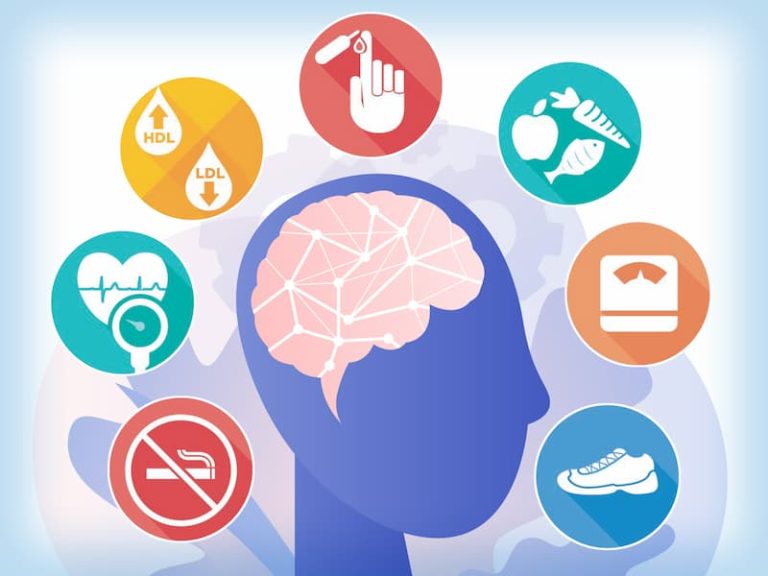What Happened When You Ran a Marathon? : Discover the Surprising Outcomes
Running a marathon is no small feat. It requires months of training, dedication, and mental strength. But what happens to your body during and after a marathon? Let’s take a closer look.

Credit: www.ultraexpeditions.com
During the Marathon
When you start running a marathon, your body quickly adapts to the physical stress. Your heart rate increases, pumping more oxygen-rich blood to your muscles to meet the increased demand. As you continue running, your body temperature rises, causing you to sweat to cool down.
Endorphins, also known as the “feel-good” hormones, are released during a marathon. These chemicals help to reduce pain and promote a sense of well-being and euphoria. This is often referred to as the “runner’s high,” and it can be a powerful motivator to keep going when the going gets tough.
Your body relies on glycogen, a stored form of glucose, for energy during a marathon. As you run, your muscles use up this glycogen, and you may feel fatigued or hit the dreaded “wall” if you haven’t properly fueled beforehand. It’s essential to maintain a steady supply of carbohydrates and electrolytes during the race to keep your energy levels up.
Dehydration is another concern during a marathon. As you sweat, your body loses water and essential electrolytes. It’s crucial to drink enough fluids to stay hydrated and maintain proper bodily function. Many races provide water stations along the course to ensure runners can replenish their fluids.

Credit: www.runnersworld.com
After the Marathon
Once you cross the finish line, you might experience a mix of emotions, ranging from exhilaration to exhaustion. Your body will likely be fatigued and in need of some serious recovery time.
During the race, your muscles undergo microscopic damage, causing inflammation and soreness. After the marathon, it’s important to prioritize rest and give your body time to repair itself. Light stretching and gentle exercises can help with muscle recovery.
Replenishing lost fluids and nutrients is essential post-marathon. Consuming a balanced meal that includes carbohydrates, protein, and healthy fats within 30 minutes to an hour after the race can aid in muscle recovery. It’s also important to continue hydrating throughout the day.
Mental fatigue is another aspect to consider after running a marathon. The immense focus and mental strength required to endure the distance can leave you feeling drained emotionally. Taking time for self-care and reflection can help restore your mental well-being.
The Benefits of Running a Marathon
Running a marathon has numerous benefits beyond the physical achievement. It can boost your self-confidence, improve your mental health, and strengthen your discipline and determination.
Training for a marathon also encourages a healthy lifestyle. Regular exercise, proper nutrition, and adequate rest are all vital components of marathon training. These habits can extend beyond race day, promoting overall well-being and longevity.
Participating in a marathon can also provide a sense of community and camaraderie. Running alongside thousands of other individuals who share your passion for fitness can be incredibly motivating and inspiring.
In conclusion, running a marathon is a challenging yet incredibly rewarding experience. From the physical demands your body must endure during the race to the mental and emotional benefits that follow, a marathon can be life-changing. Remember to train properly, fuel your body, and give yourself time to recover, and you’ll be ready to tackle the next race with confidence.





